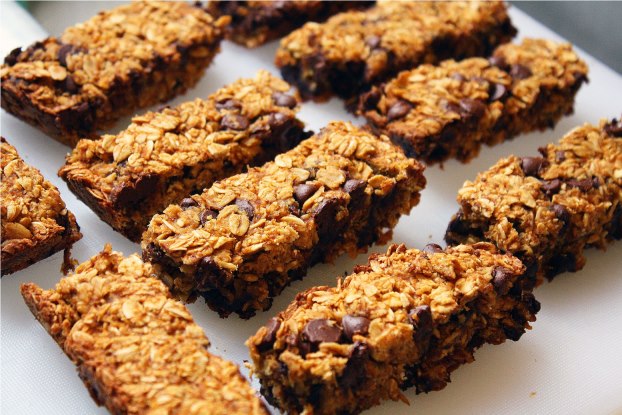Everyone would like to be healthy and these days there is just so much information on health and fitness flying around the internet that it can be quite hard to tell which health habits are actually health and which aren’t. To help provide some clarity and steer you in the right direction, we have compiled this list of the top 5 habits you thought were healthy but actually aren’t. The details just might shock you!
1. Skipping meals

This is one of the most common weight loss mistakes made by rookies. It seems to make some sense that if you eat less, you are less likely to pile on calories, since calories are sourced from food; but the problem with this is that starving yourself will only lead your body to seeking out energy from alternative sources—usually by breaking muscles down.
Also, studies have shown that when people skip meals or go on a diet, they are likely to overcompensate for it when they eat later on. When it comes to diet and nutrition, the best idea is to eat healthy, choosing nutrient and fiber rich foods, and to eat smaller portions, but at a higher frequency (say 5 times a day) in order to maintain a steady supply of energy and nutrients and thereby stave off hunger pangs.
2. Eating Granola or Protein Bars

These foods are often touted as being healthy energy sources and are supposedly very good for post-exercise recovery. Unfortunately, like with most processed foods, these “health” bars are still loaded with sugars and calories that will ultimately still contribute to weight gain. Instead of these, you should aim for healthy protein snacks such as peanut butter sandwiches made with whole grain bread.
3. Drinking diet soda

Diet soda sounds like a good idea for enjoying a soda without some of the risks associated with drinking regular soda; however this simply isn’t backed by science as experts have shown that people who regularly drink diet soda are at as much risk for developing obesity as are people who drink other types of soda. Your best bet? Avoid soda altogether and instead drink moderate amounts of fruit juice.
4. Eating Low fat meals

Eating high fat meals could lead to the accumulation of fat in the body, which is basically how obesity develops. So there is some merit to staying away from fatty foods. However, avoiding fatty meals altogether may be counter-productive as these foods have their own unique benefits. Fatty foods such as salmon and most types of yogurt, have health benefits such as improved brain function and reduction of belly fat respectively. What you should do, is make sure you eat a balanced diet, with moderate servings of such foods.
5. Taking vitamin supplements

The body requires a number of vitamins to support it’s regular functioning, and the pharmaceutical industry has made a lot of money from selling vitamin supplements. However, studies have found that in people who already eat a healthy diet, these synthetic vitamins actually do not seem to have any real effect at improving health.
While there are no known harmful effects of synthetic vitamin consumption, you’re much better off meeting your body’s vitamin requirement from natural sources.
Conclusion
Now that you know that those “healthy” eating habits aren’t so healthy, it’s time to cut them out and replace them with real healthy nutrition habits. Check this out for guidance on what to eat: http://www.trainer.ae/articles/10-tips-for-a-healthy-diet-2678
A professional fitness trainer will help you optimize your eating habits and will help design a fitness plan that works just for you. If you would like to hire one, we would be glad to recommend a fully licensed professional fitness trainer that you can trust. Please get in touch with us at: